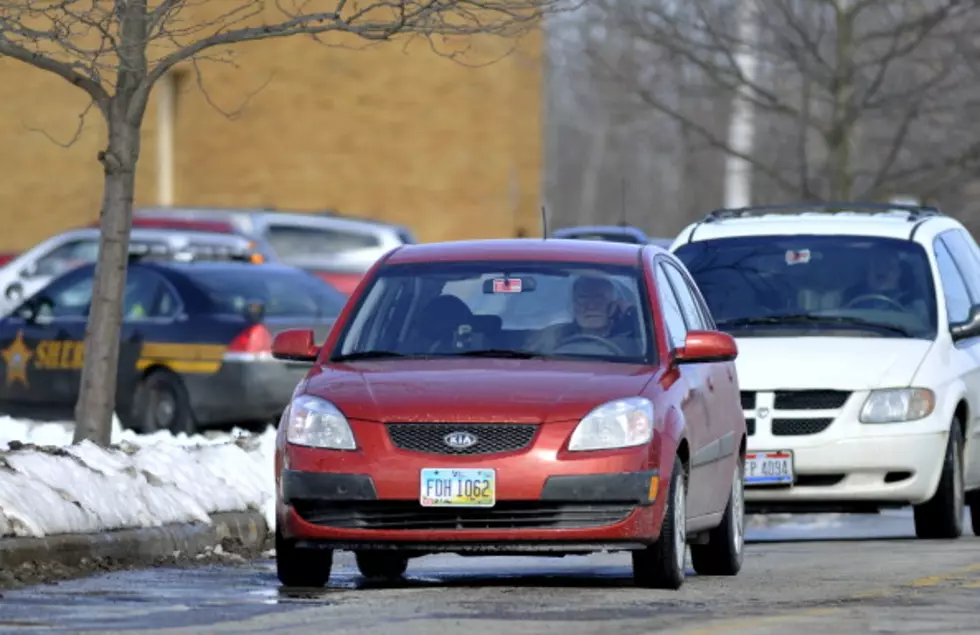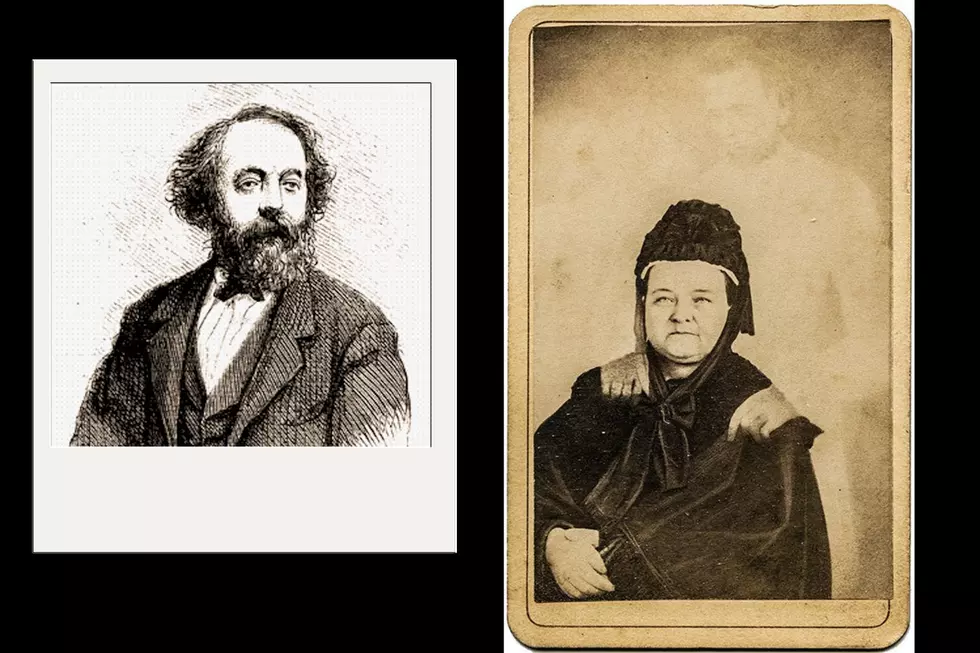
Insurance Loyalty Doesn’t Pay
How many years have you been with your insurance agency? If you're like most American, you find an insurance agent and never switch. Studies show that most adults have switched no more than three times when it comes to insuring your auto, home or business. But there's some unhappy news for you customers who've been loyal to an insurance company over the years.
When Jonathan G. Stein became unhappy with his long-time car insurance carrier earlier this year, the 41-year-old lawyer from Elk Grove, California switched to a new company. How was he rewarded for his disloyalty after nine years?
With savings of about $300 a year and a boost in his under-insured motorist coverage.
Despite discounts for long-term customers, studies show that you can get lower premiums on car insurance by shopping around rather than sticking with one company, and the savings can be significant.
The Texas Office of Public Insurance Counsel did a study showing that a consumer who has stuck with the same auto insurer for eight years could reduce the premium by 19 percent by switching.
Even when rewarding loyalty with a percentage off, insurers may use a practice called price optimization that considers a number of factors beyond risk, including what price tag they think you will tolerate. They're sort of measuring how likely you are to resist a price increase to your premium.
It's kind of sad, but customer loyalty can cost you when it comes to auto insurance. And it can get even worse depending on where you live.
These five states have the most expensive car insurance rates in the country (by percentage above the national average):
WORST STATES FOR CAR INSURANCE
- Michigan: +136 percent above average
- Rhode Island: +45 percent
- New York: +42 percent
- Delaware: +41 percent
- Louisiana: +33 percent
BEST STATES FOR CAR INSURANCE
- North Carolina: -41 percent below average
- Idaho: -37 percent
- Ohio: -33 percent
- Maine: -33 percent
- Wisconsin: -28 percent
After reading this, will you shop and compare insurance rates once a year? It could mean $300 - $500 dollars savings in your pocket.
More From WBSM-AM/AM 1420









